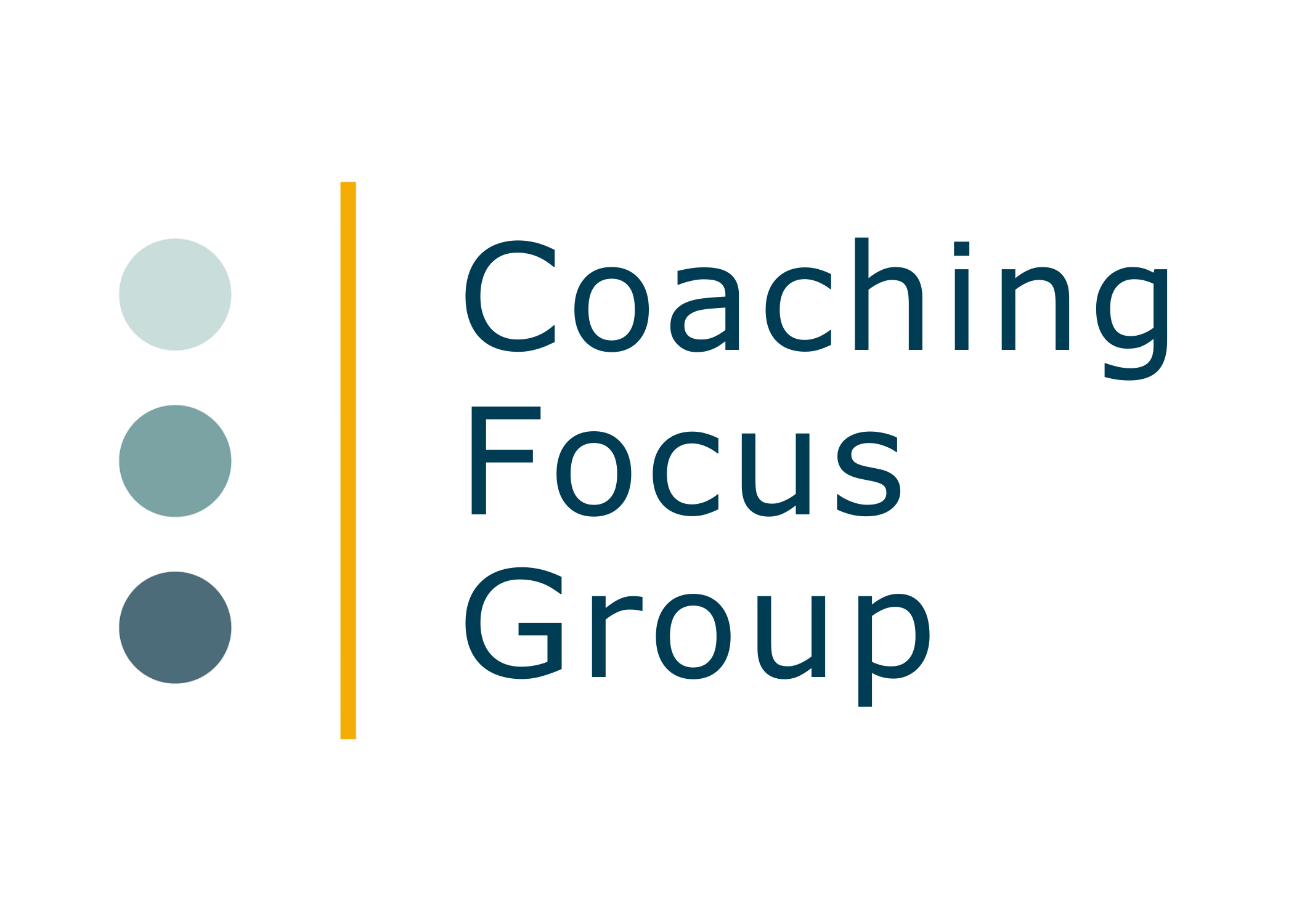By Coaching | Jul 21, 2021
Coaching ROI: Here's the hard evidence you need to get buy-in (Part 1 of 2)
The problem is this: as an HR professional, you know a coaching culture could do wonders for your organisation.
However, you’re getting pushback from the organisation because they don’t think it will add value to the company in the same way you do. So your challenge is to demonstrate the ROI coaching can bring, and build a business case that will get you buy-in from senior management.
So, let's talk about the ROI issue, an area almost everyone I come across seems to worry about.
Naturally, no matter how much you want to get the coaching ball rolling at your workplace, the first hurdle always involves convincing your superiors it's an approach that adds real value to the bottom line.
Whilst most decision-makers intellectually know the value of coaching, they aren’t necessarily convinced that the payoff is there. They may point to time challenges and increasing workloads, and ask how coaching is any more effective than directing and giving advice.1
And if you don't have their support, you might never achieve the performance shift you’d love to see or feel the satisfaction that lasting, positive company-wide cultural change can bring… or help people really transform their working life.
Now is the right time to speak out
And you know it: this really is the best time to start developing a coaching culture and take the plunge and get buy-in from the CEO and other decision-makers.
Why?
Because, yes, employee engagement is still dangerously low. According to Forbes, one of the number one priorities for almost all HR executives across the globe in 2017 is how to raise employee engagement, because it's still on the decline, spelling real trouble for business leaders everywhere.2
So, you're right to focus on this, especially to protect the health and longevity of your organisation. Because according to the same research, a five-point increase in employee engagement is linked to a three-point increase in revenue growth in the subsequent year...
And when engagement levels drop, the opposite happens: the study cites consequences such as higher turnover, steeper absenteeism, lower customer satisfaction, and ultimately, poor financial performance.
In fact, US businesses lose $11 billion annually because of employee turnover, according to the US Bureau of National Affairs.
What's more, increasing numbers of millennials are joining the workforce. They're quite desperate for the feedback and recognition coaching provides. As are older employees.
According to Dr Jack Zenger and Dr Joe Folkman of Zenger Folkman:
"...employees would like to receive a good deal more coaching from their boss than they currently receive. While they like being told pleasant and positive things, they also recognise that even greater value comes from periodically receiving corrective feedback regarding how they are accomplishing their work, or about things they could begin doing to make an even bigger contribution."
But take heart...
Despite the building pressure, there’s good news: though scepticism is still rife in some industries, the number of large companies using coaching, and the amount of evidence available now for you to use in your argument is stronger than ever.
So, let's cut to the chase and walk through the hard evidence, so you can develop a case for a coaching culture at your organisation now.
The hard evidence...
Organisations of every size are interested in increasing bench strength, improving succession planning and elevating the performance of employees at all levels, according to the coaching magazine, Choice.1
And it turns out, there's proof that coaching can provide the employee engagement and commitment everyone is looking for.
This article shows the results of a study by Zenger Folkman, which found that coaching effectiveness and “intention to stay” were highly correlated, and coaching helps employees change their minds about leaving an organisation.
There was also a direct connection between coaching effectiveness and employee commitment and engagement.
In another article on the proven impact of coaching, Zenger and Folkman go on to say:
"Nothing is more correlated... with increasingly higher levels of employee engagement than increasing levels of coaching on the part of managers. Coaching effectiveness goes with increased productivity, higher levels of intentions to stay with an organisation, and the way that managers are perceived in their overall effectiveness.
The two doctors also rightly point out that not starting a coaching culture and waiting around to see what happens can also do really damage, because “disengaged employees don’t necessarily have just a neutral impact; they can also do damage to customer relationships, to projects, and to relationships with team members”.
I hope this was useful to you. If you’d like more tips on how to get buy-in for coaching, please see my next article (Read Part 2).
References:
- Results! Why leaders need to be great coaches https://www.unthsc.edu/administrative/wp-content/uploads/sites/23/Choice-Magazine-Article-Coaching-Gets-Results.pdf
- Employee Engagement Is Declining Worldwide, Employee Engagement Is Declining Worldwide, https://www.forbes.com/sites/causeintegration/2017/06/01/employee-engagement-is-declining-worldwide/#406ca31534e2, Ryan Scott
